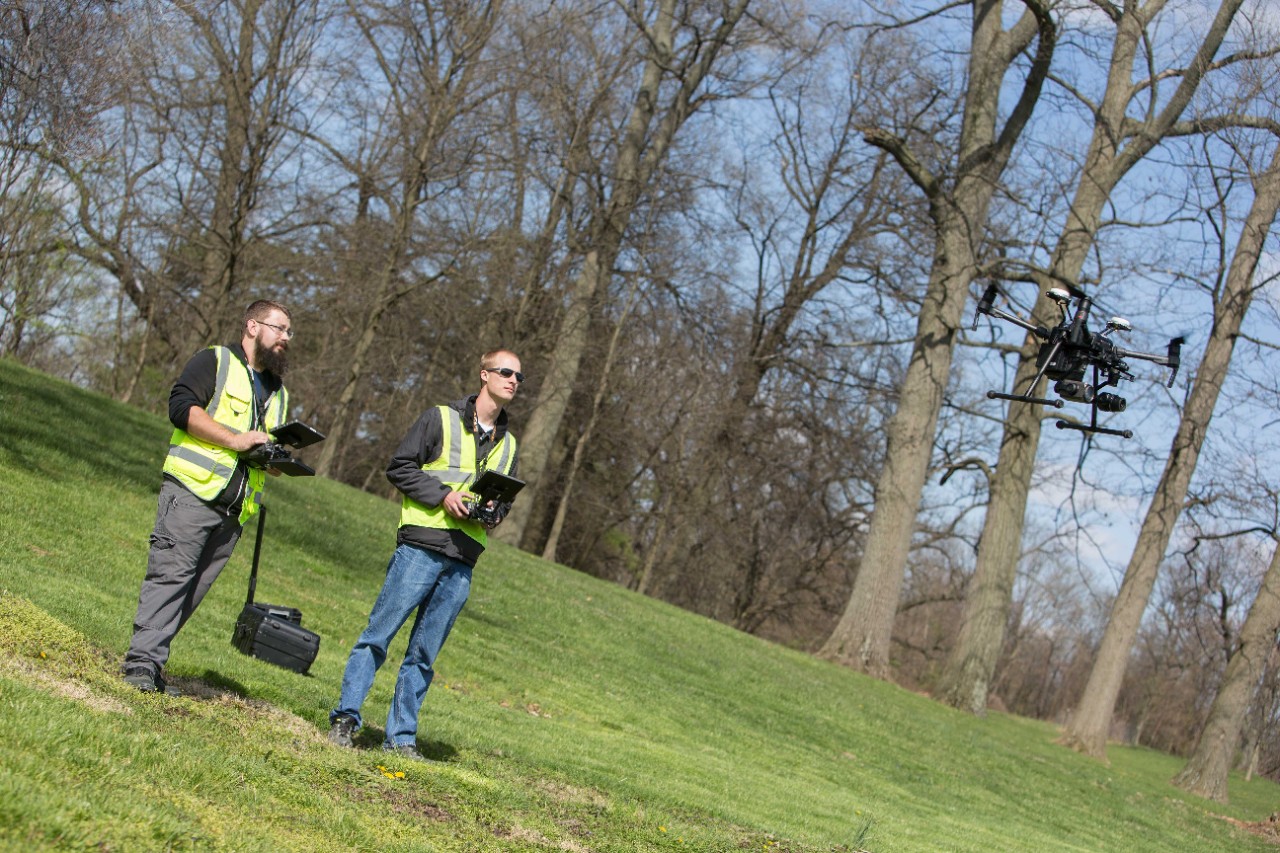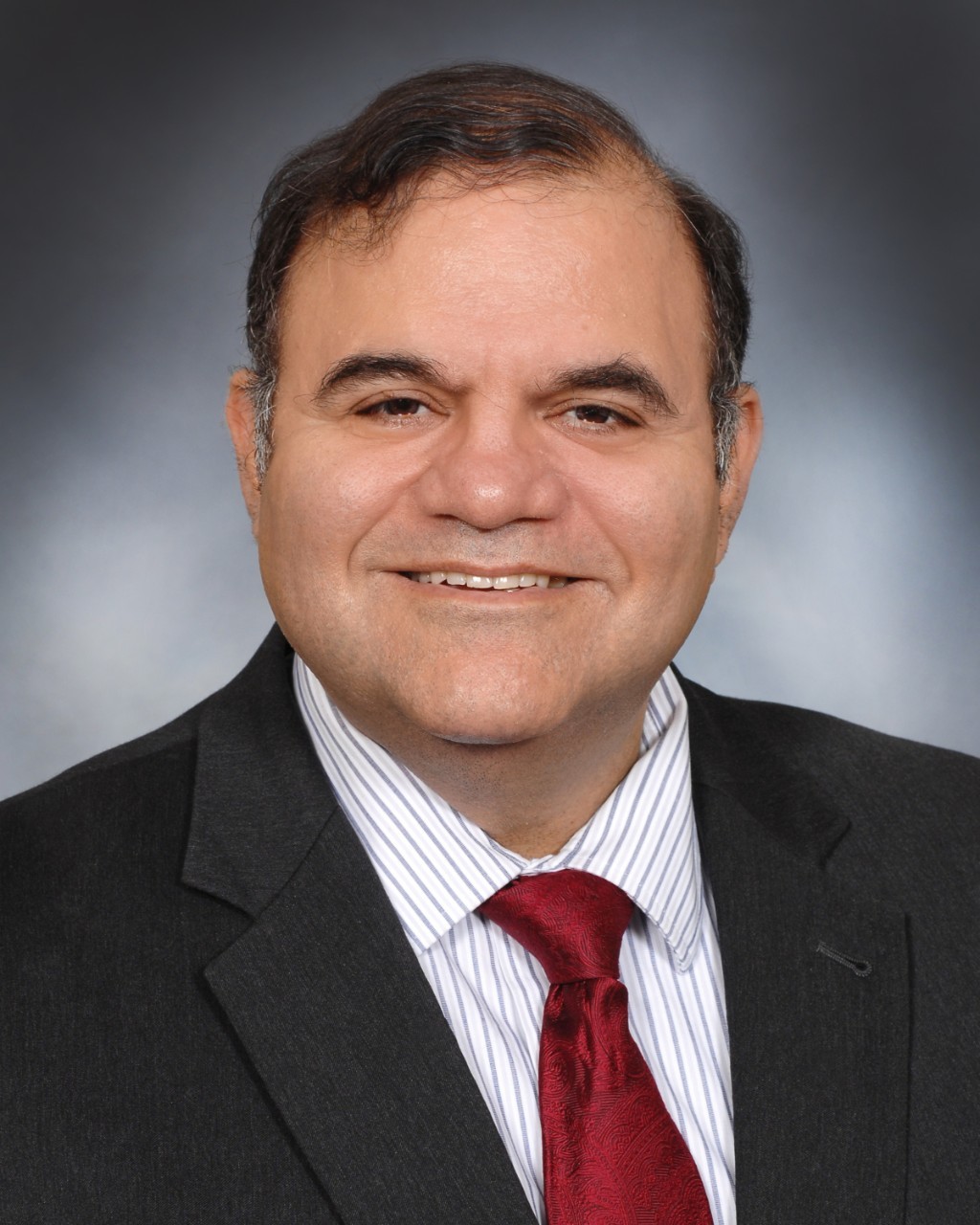
UC aerospace engineer says AI key to drone safety
UC professor talks to Complex Engineering Systems about future of drones
University of Cincinnati aerospace engineer Kelly Cohen and his doctoral student talked to the journal Complex Engineering Systems about how artificial intelligence will open the door to commercial drones and flying cars.

Kelly Cohen
Cohen, a subject editor for the journal, is a professor of aerospace engineering in UC's College of Engineering and Applied Science.
Cohen said new aerospace technologies are creating lucrative opportunities for companies.
“For this vision to be realized, you need to be able to guarantee safety. You need to be able to guarantee performance,” Cohen told the journal.
“Not all artificial intelligence systems are the same. There are those that are more trustworthy than others,” Cohen said. “If I'm going to have my children, my family, be in an autonomous car or autonomous air taxi, I've got to make sure that I'm not putting them in harm's way. To be able to trust the system, I need to have a set of very trustworthy autonomous systems.”
Cohen was selected for the inaugural cohort of research in the UC Digital Futures' anchor tenant development program. He and his students will be studying how artificial intelligence can help with real-time decisionmaking in both health care and aerospace applications.
UC doctoral student Jon Ander Martin studies battery performance in drones in Cohen's lab. Unlike planes that become lighter between takeoff and landing as they burn fuel, drones powered by batteries maintain a constant weight throughout their flight, he said.
Martin's research is dedicated to finding the right size battery for an unmanned aerial vehicle or drone. The battery must be big enough to maintain flight time without being so big as to hinder performance. Finding the perfect compromise is a crucial engineering consideration, he told Complex Engineering Systems.
“The more weight in an aircraft, the performance is going to be worse,” Martin said. “You need that trade-off between how many batteries you put in there and how large they are and what range you want to achieve. So you need to reach that optimum point.”
Martin is the lead author of a comparative study published in Complex Engineering Systems that examined battery modeling regression methods to study battery performance.
Featured image at top: UC aerospace engineers pilot a drone. Photo/Andrew Higley/UC Marketing + Brand
Related Stories
Engineering students showcase capstone projects at CEAS Expo
May 6, 2022
Graduating engineering undergraduates from the University of Cincinnati’s College of Engineering and Applied Science gathered for the inaugural CEAS Expo in April to showcase their senior capstone projects to more than 500 attendees, including faculty, staff, alumni and industry representatives. The event, organized by the college and CEAS Tribunal student government, was held in downtown Cincinnati at the Duke Energy Convention Center.
